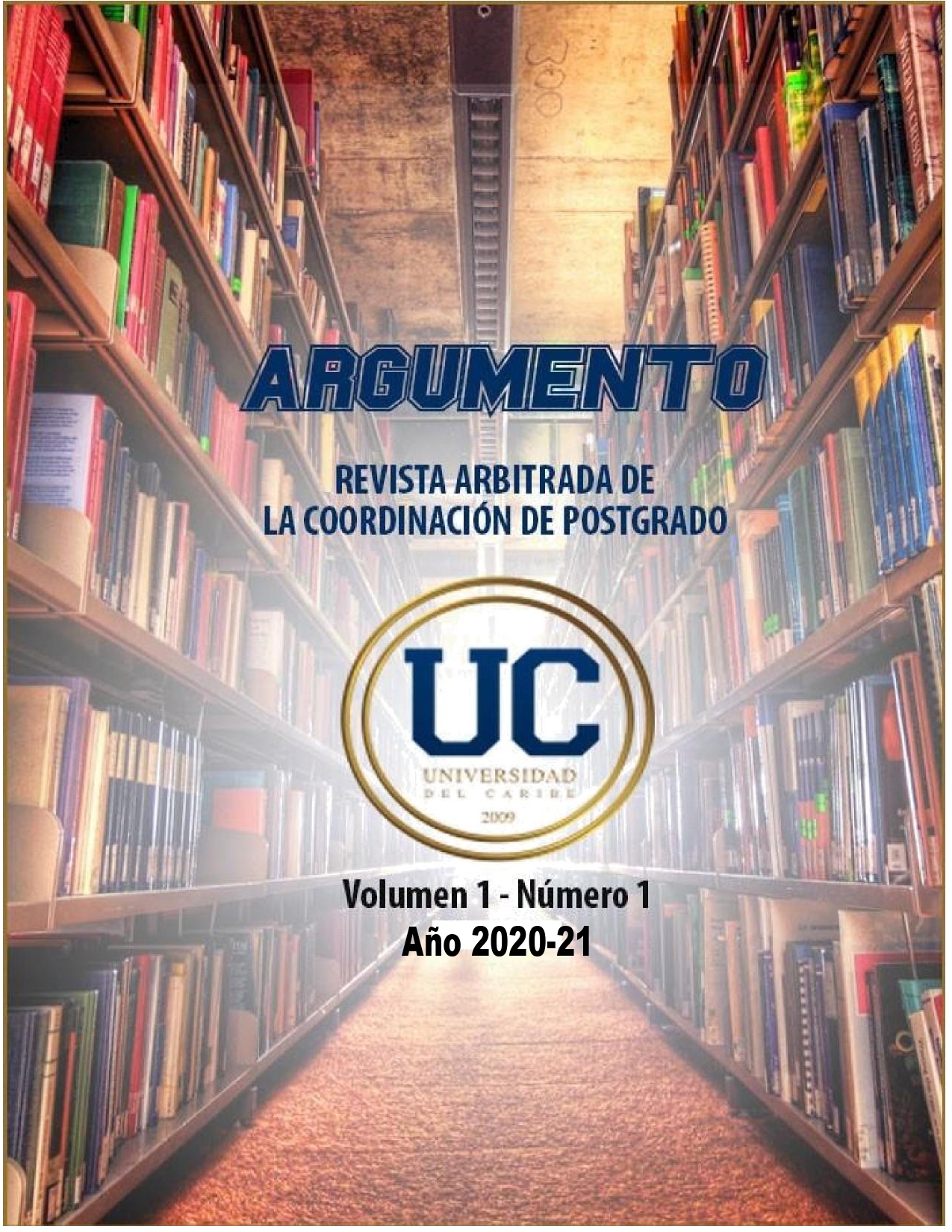On the epistemology of management sciences
Main Article Content
Section
Abstract
Reflection on the status and specificity of managerial sciences has increased the interest of researchers in the epistemology of this field of study. Probably the most striking feature of this type of theoretical interest is the absence of an agreed upon time to support a single epistemological paradigm, so that it is glimpsed by the detractors of this type of studies, as a field of heterogeneous and fragmented studies, which induces it to incorporate research methods subtracted from other associated disciplines of the social sciences. Given this argument, it should be said that the conformation of the binomial epistemology-management sciences should not be conceived as a unidirectional process or be interpreted as the postulation of a single model, but from a broad, interdisciplinary and transdisciplinary spectrum, as is the organizational reality that surrounds it.

This work is licensed under a Creative Commons Attribution-NonCommercial 4.0 International License.
Downloads
Article Details
How to Cite
References
Borgucci, E. (2012). Algunos problemas epistemológicos de las ciencias administrativas. CICAG (2). Recuperado de http://publicaciones.urbe.edu/index.php/cicag/art icle/viewArticle/1185/3294
Bunge, M. (2005). Buscar la filosofía en las ciencias sociales. Buenos Aires: Siglo XXI S.A. de C.V.
Camacaro, R. (2010). Hacia la epistemología de la gerencia. Contribuciones a la Economía. Recuperado de
http://www.eumed.net/ce/2010a/prc.htm
García de Berrios, O. (2006). La administración racional-mecanicista: de la crítica a la extensión a un nuevo contexto. Academia, 4 (7), pp. 8-18. Ibáñez, N.; Castillo, R. (2010). Hacia una epistemología de la gerencia. Orbis: Revista Científica Ciencias Humanas, 6 (16), pp. 54-78. Recuperado de http://www.redaly c.org/pdf/709/70916426004.pdf
Koontz, H. (1980). The Management Theory Jungle Revisited. Academy of Management Review, 5 (2), pp.175-187.
Kulakowski, E.C.; Chronister, L.U. (2006). Research Administration and Management. Canadá: Jones and Barlett Publishers.
Mayz Vallenilla, E. (1949). La idea de “estructura psíquica” en Dilthey. Caracas: Universidad Central de Venezuela.
Morales C., J.T. (2014). Propuesta de una filosofía de las ciencias administrativas y gerenciales desde la praxis y cotidianidad del gerente venezolano en su contexto. (Tesis doctoral). Universidad de Carabobo, Venezuela. Osorio, F. (Ed.). (2007). Epistemología de las ciencias sociales: breve manual. Santiago de Chile: Ediciones UCSH.
Pérez, M.E.; Acosta Campos, I.; Acosta Campos,
D. (2014). Formación gerencial y epistemología. Formación Gerencial, 13 (1). Recuperado de produccioncientificaluz.org/index.php/rafg/articl e/download/6637/6626
Popper, K.R. (1972). Conjeturas y refutaciones: el desarrollo del conocimiento científico. Barcelona: Ediciones Paidós Ibérica, S.A.
Puell Palacios, J. (2009). La filosofía de la administración de Peter Drucker. Gestión en el Tercer Milenio, Revista de Investigación de la Facultad de Ciencias Administrativas, UNMSM. 12 (24), pp.49-53.
Ramchandra Raut, U.; Balaso Veer, N. (2014). Management research: to understand the role of epistemology in management research. Journal of Management and Science, 4 (1), pp.64-70.
Rondón García, Y. (2009). La evolución de los paradigmas en las ciencias sociales y su incidencia en los procesos gerenciales. Saber, 21 (2), pp.188-194. Recuperado de http://www.redalyc.org/pdf
/4277/427739440012.pdf
Russell, B. (1972). The Philosophy of Logical Atomism. London: Fontana.
Schvarstein, L. (1998). Diseño de organizaciones: tensiones y paradojas. Buenos Aires: Editorial Paidós.
Sulkowski, L. (2010). Two Paradigms in Management Epistemology. Journal of Intercultural Management, 2 (1), pp.109–119.
Sulkowski, L. (2013). Epistemology of Management. Frankfurt am Main: Robert Lang. Witzel, M. (2012). A History of Management Thought. New York: Taylor & Francis Group.

